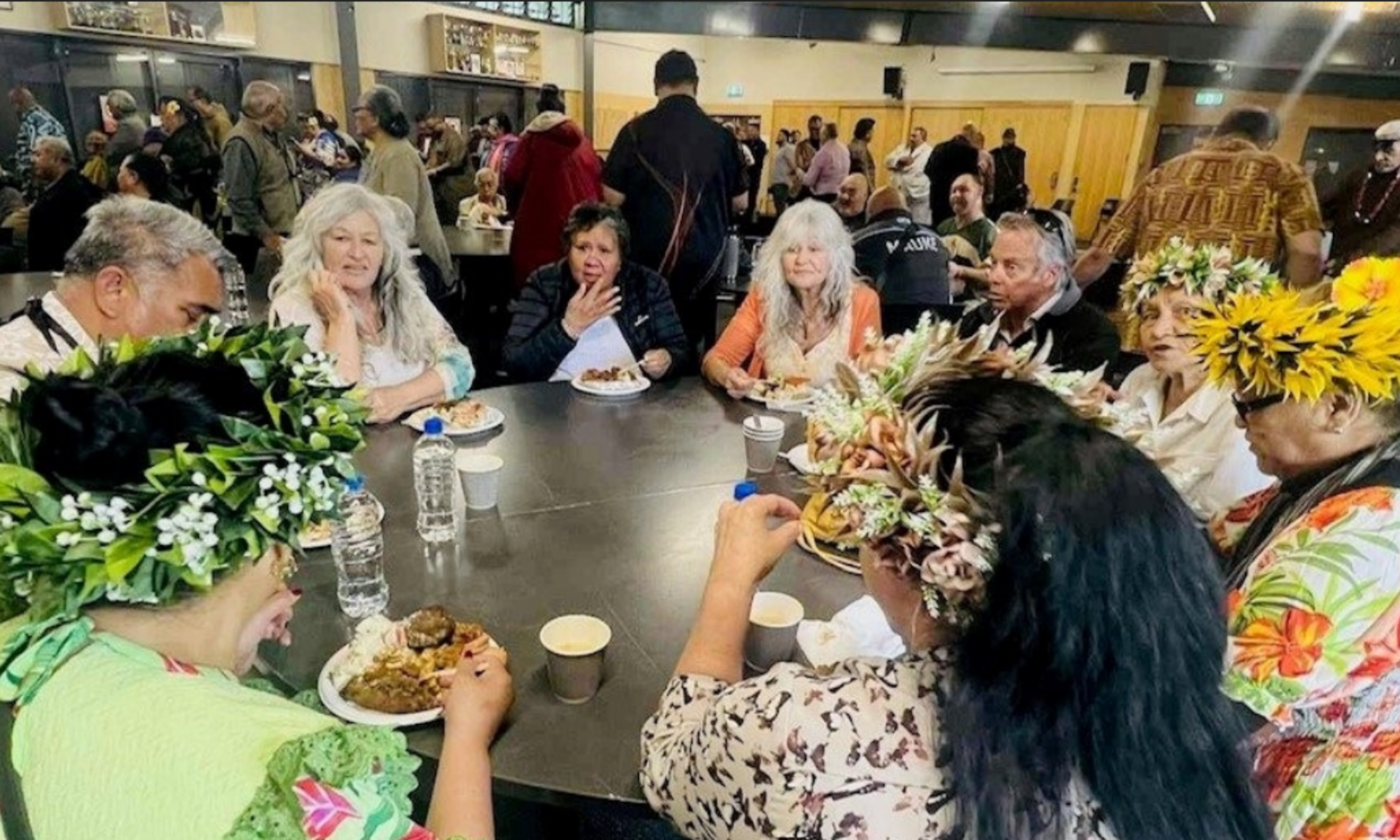

Tackling the infrastructure deficit has been a challenge for governments.
Photo/Intelligent Transport
New Zealand ranks last in delivering infrastructure - survey
Only 17 per cent of Kiwis believe NZ has a good record of delivering national infrastructure projects.

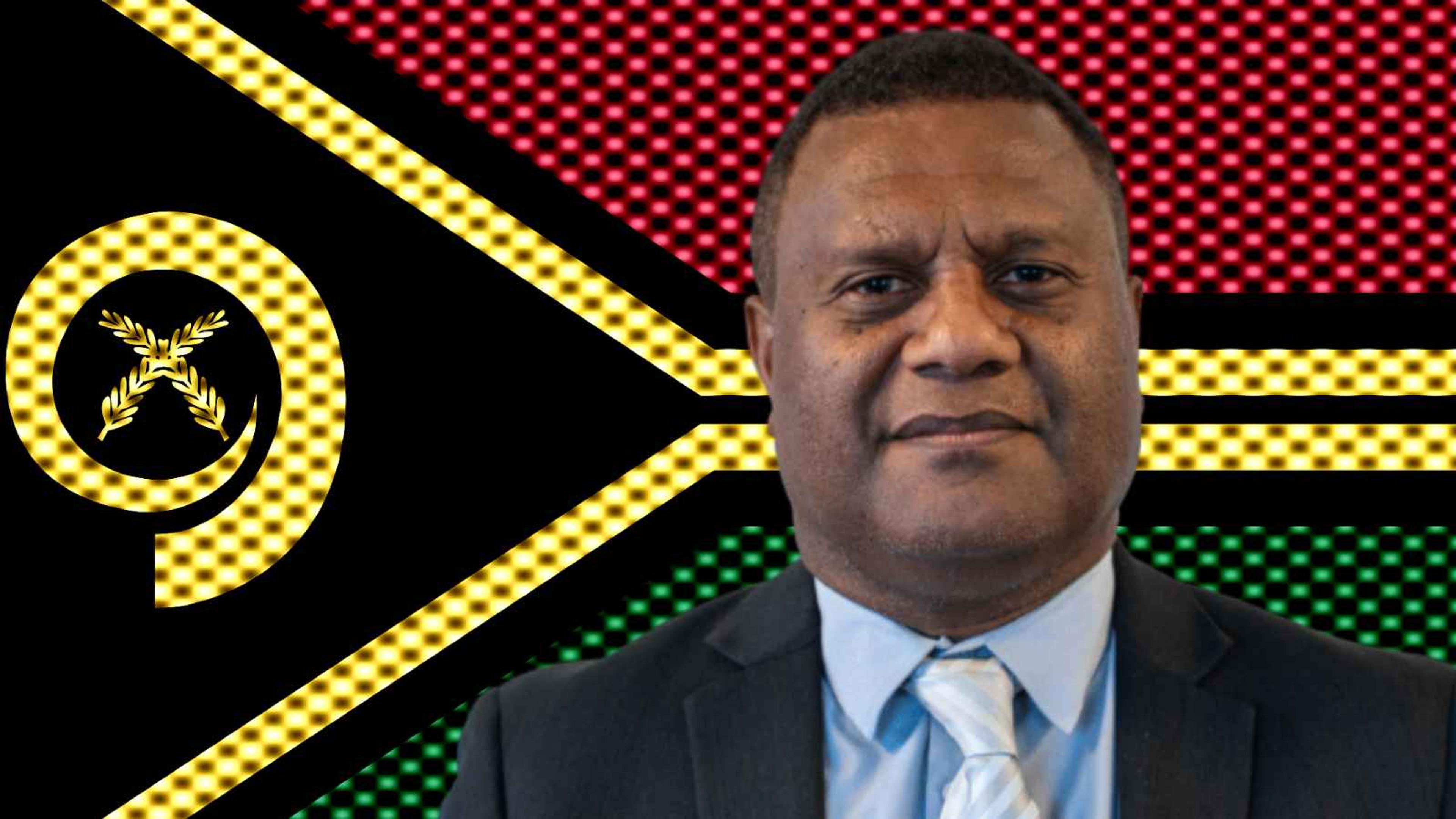
Blacklisting squeeze hits Vanuatu families and businesses, the regulator VFSC warns
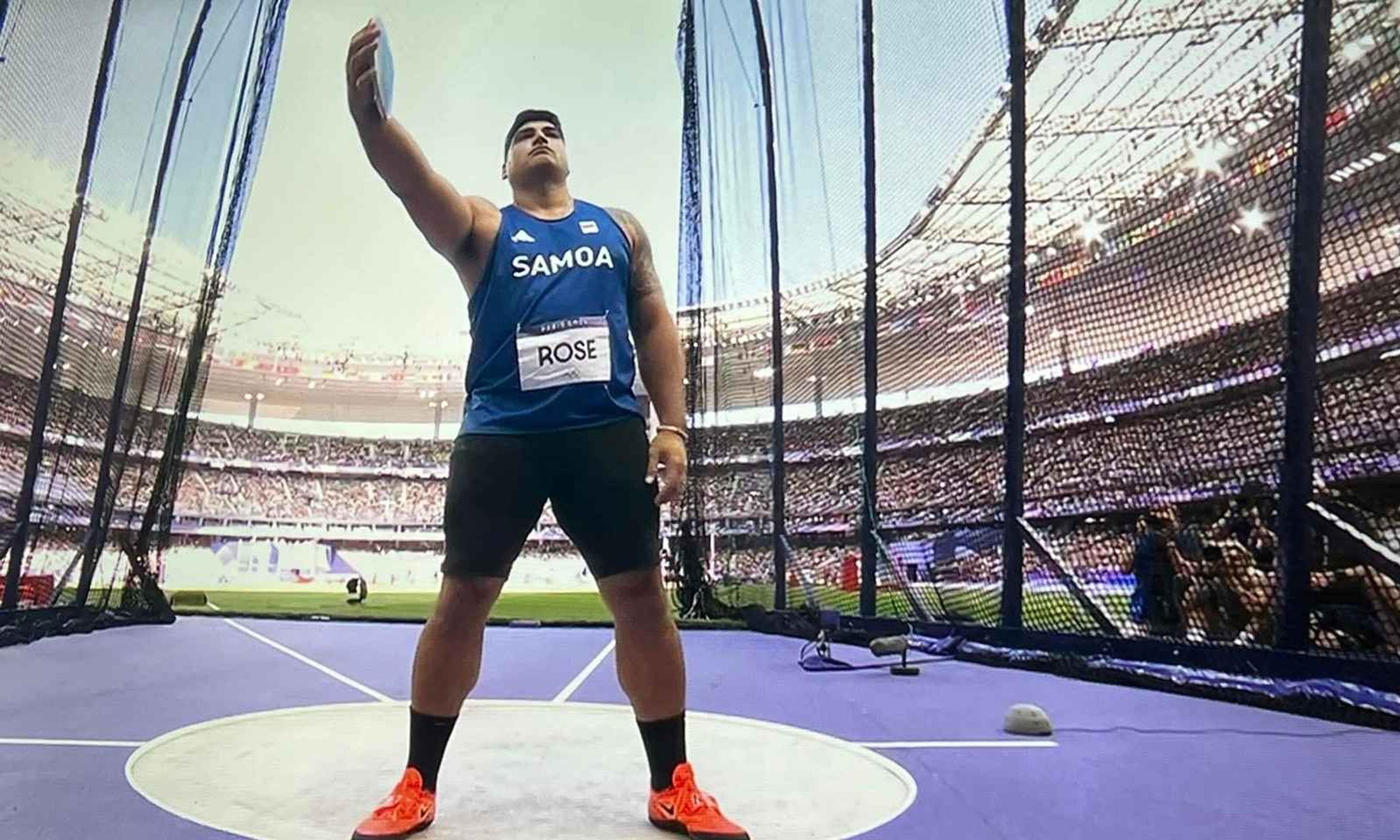
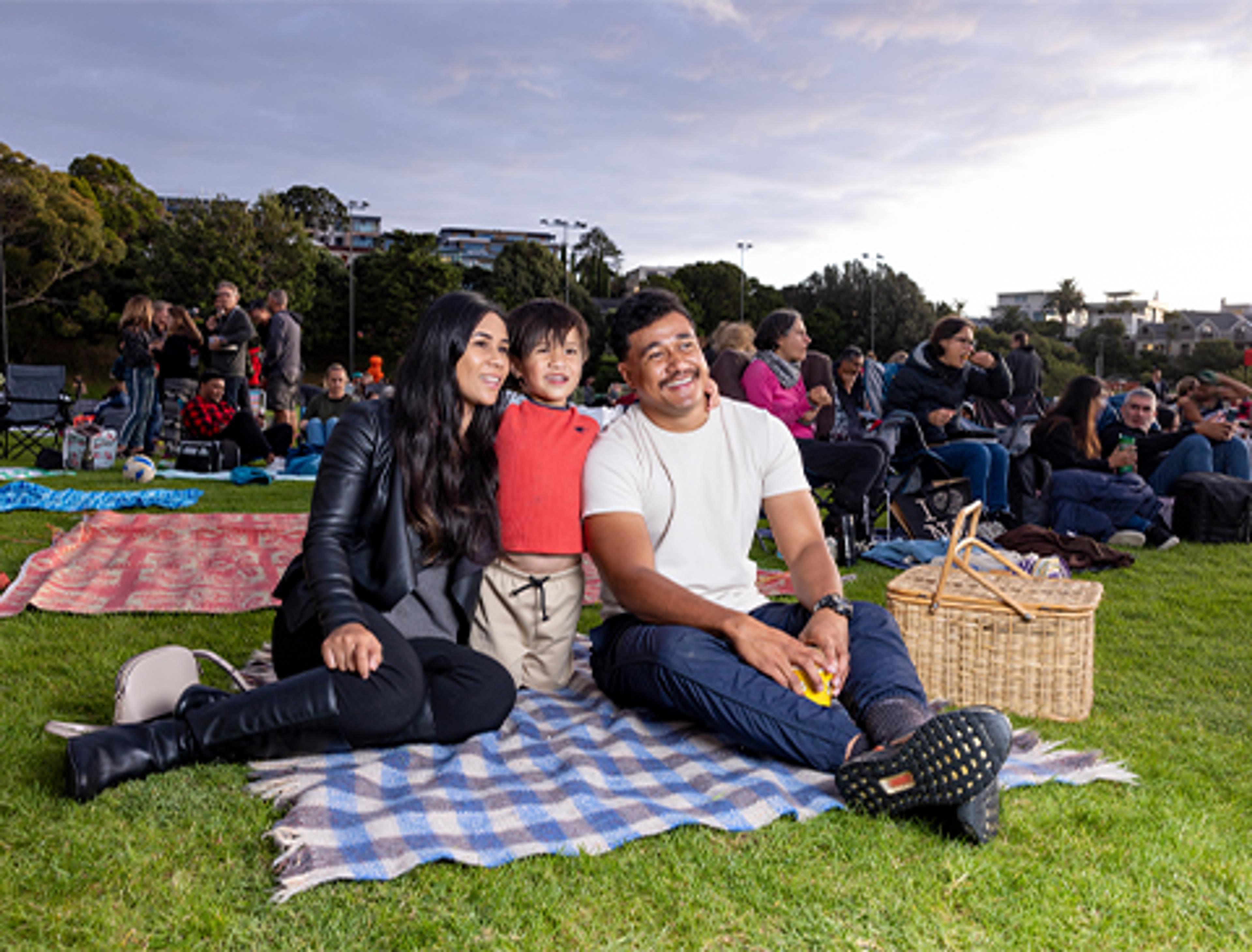
Pack your tissues: Free movies return with Tinā set for South Auckland

Manurewa charity requests $30,000 to keep Pacific seniors monthly gatherings

Blacklisting squeeze hits Vanuatu families and businesses, the regulator VFSC warns


Pack your tissues: Free movies return with Tinā set for South Auckland
New data reveals New Zealand is one of the worst performers in the world when it comes to delivering infrastructure.
The Ipsos global survey shows that 17 per cent of Kiwis say they believe New Zealand has a good record of delivering national infrastructure projects. The findings, released last week, place us tied for last with Hungary.
Infrastructure NZ Chief Executive Nick Leggett says it's not great and it's not surprising.
But he says attracting more overseas investment can supercharge infrastructure.
"It's interesting to us that Kiwis have picked up on this and it's reflected in these results because of course this is what New Zealanders perceive about the quality of our infrastructure, the way that New Zealand builds infrastructure," Leggett told Pacific Mornings' Willian Terite.
"We know from other assessments of New Zealand's performance that we do badly when it comes to getting value for money compared to other OECD nations.
"We are not great at managing and maintaining the assets that we've already built. And we know that across the OECD, we did last when it comes to accountability and transparency.
"So, it's really interesting that over the last few years, New Zealanders' views around the quality of our infrastructure and what we're getting has fallen so rapidly and it's frankly we've got to do better."
Ipsos, one of the world's leading market research companies, released the 2024 Global Infrastructure Index, a 32-country survey that tracks people’s attitudes and perceptions of infrastructure in their country and local area.
More than 23,000 people across the world were surveyed, with 1001 of them aged over 18 in New Zealand.

Big projects involving infrastructure and other large scale development often come with equally large property requirements. Photo/The Property Group
The survey found that Aotearoa is not doing enough to meet its infrastructure needs.
"The whole world struggles with infrastructure, whether it's a large developed nation or a small developing nation. We know that many, many projects go over, budgets take too long and are too costly.
"But in New Zealand, we don't help ourselves. We're a small country at the bottom of the world and we have this thing where a government is elected and we politicise infrastructure delivery to such an extent that projects get either named or canned depending on the colour of the political party elected.
"That slows the whole system down. It stops the whole system in many cases. And that costs on a small country, that brings a boom-bus type outcome. And we just can't cope, we're too small."
The data also revealed that the new housing supply needs to be prioritised.

Construction of the $4.4 billion City Rail Link project, consists of two 3.45-kilometre-long tunnels and two new underground stations. Photo/Downer NZ
Just over a quarter (27 per cent) of New Zealanders say they are satisfied with the country’s national infrastructure.
"This is significantly lower than the 32-country global average (40 per cent) and places New Zealand as the sixth least satisfied country in this survey," Leggett told Terite.
"New housing supply was identified as the poorest quality infrastructure in New Zealand (67 per cent rating it as very/fairly poor) and has been identified as the number one investment priority."
Ipsos NZ's Research Director Public Affairs, Amanda Dudding, says New Zealanders are clearly looking for better infrastructure delivery, and their priorities for infrastructure investment including housing supply, water and sewerage, and major road networks, are also areas less likely to highly rate the quality of current delivery.
"Given the current economic climate and the challenges New Zealanders are facing, it’s interesting to see that a significant majority believe investing in infrastructure could help by creating new jobs and boosting New Zealand's economic performance," Dudding said.

Amanda Dudding says New Zealanders are clearly looking for better infrastructure delivery. Photo/Ipsos NZ
Key findings include:
2 in 3 (67 per cent) New Zealanders believe we are not doing enough to meet our infrastructure needs. This concern has been steadily growing in the last five years (55 per cent in 2019, 61 per cent in 2023).
New housing supply was identified as the poorest quality infrastructure in New Zealand (67 per cent) followed by flood defences (64 per cent), and the local road network (58 per cent).
We are also significantly less likely to rate our rail infrastructure (33 per cent vs 52 per cent global average) and motorway/major road network (50 per cent vs 60 per cent global average) as very/fairly good quality compared to others around the world.
However, around 4 in 5 New Zealanders rate our airports as very/fairly good quality (81 per cent), which is significantly higher than the global average (72 per cent). The quality of our digital infrastructure also rated highly (70 per cent, significantly higher than the global average of 61 per cent).
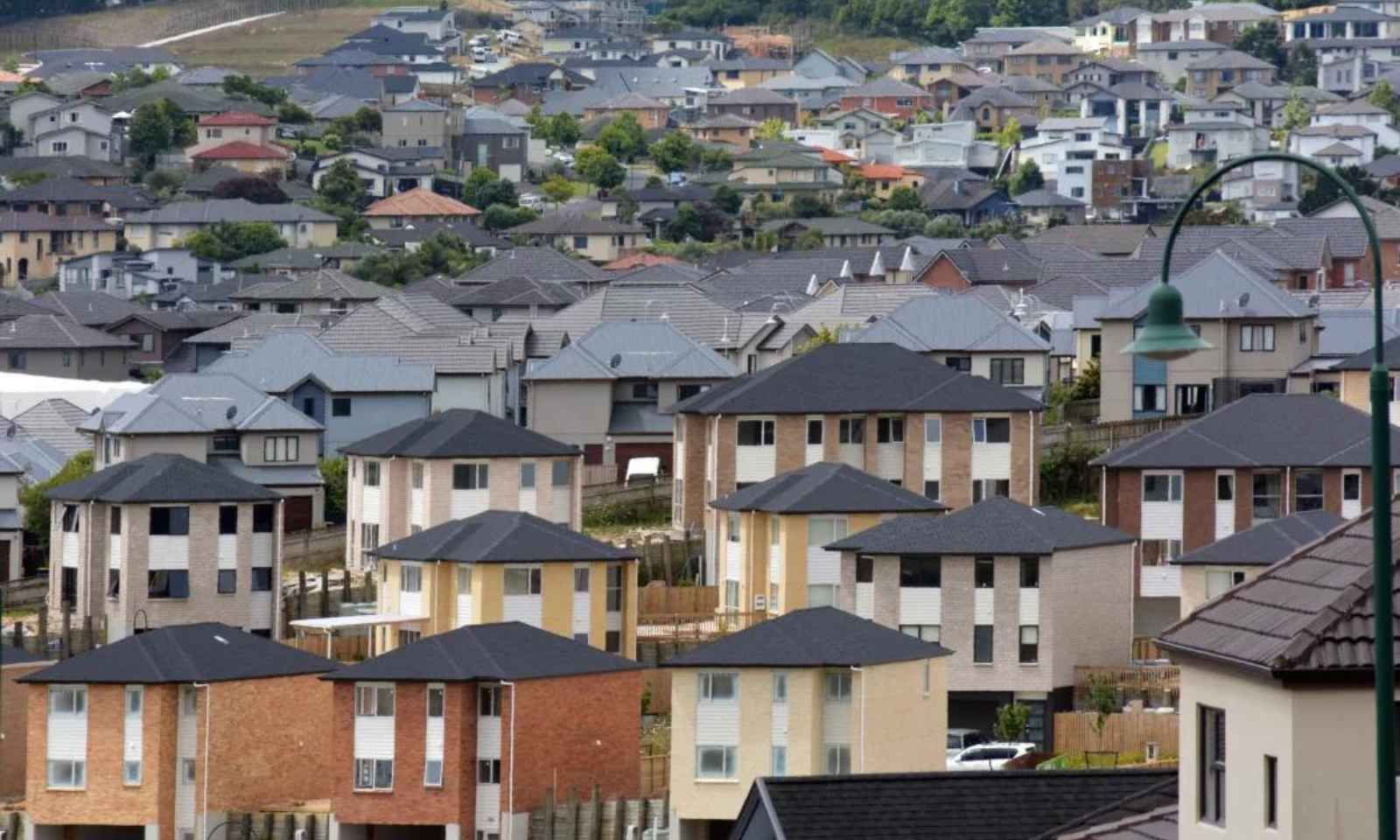
New housing supply was identified as the poorest quality infrastructure in New Zealand (67 per cent). Photo/supplied
70 per cent of New Zealanders don’t believe that our infrastructure will cope with future changes in the climate.
79 per cent of New Zealanders believe that investing in infrastructure will create new jobs and boost the economy. However, only 17 per cent agree that New Zealand has a good record of delivering national infrastructure projects, placing New Zealand as tied last with Hungary, with the fewest residents having confidence in their country to deliver these outcomes.
Moving forward, more than half of New Zealanders believe that the key infrastructure investment priority is creating a new housing supply (55 per cent). This is followed by water supply and sewerage (50 per cent) and the motorway/major road networks (50 per cent).
Leggett says the infrastructure delivery is also politicised "to such an extent that projects get either named or canned depending on the colour of the political party elected.
"And what that does is that slows the whole system down."
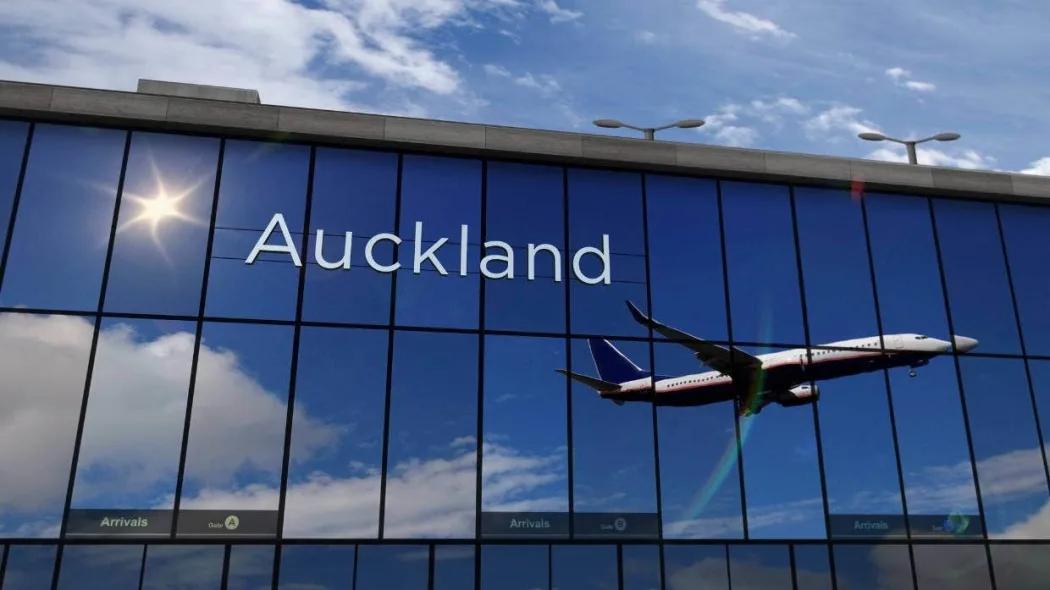
Around 4 in 5 New Zealanders rate our airports as very/fairly good quality (81 per cent), which is significantly higher than the global average (72 per cent). Photo/supplied